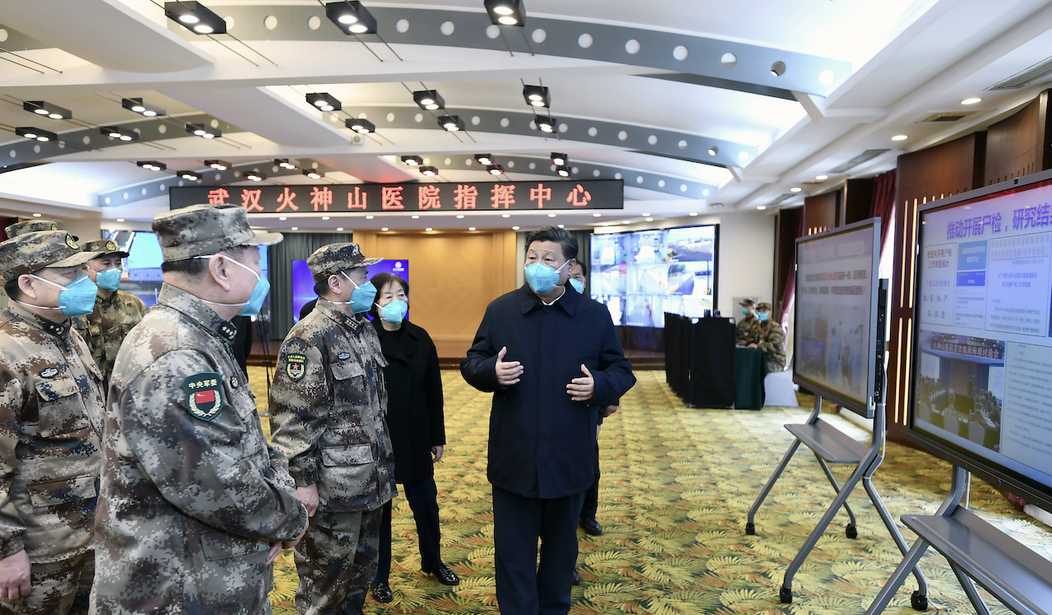NPR reports that the investigation into the origins of the pandemic is at an “impasse.” In fact, the investigation is dead in the water. The World Health Organization (WHO) isn’t saying what the next phase of its investigation will be. American and other researchers outside of China are stuck in place largely because new information that could shed light on the origins — either natural or manmade — is being blocked by the Chinese Communists.
In fact, the investigation into the possibility that the virus occurred naturally has hit a wall as well. More than 80,000 animals have been tested for the coronavirus and none have tested positive. This, in itself, is not unusual. It took 15 years to discover the origins of the original SARS virus — a disease in bats that crossed over to civets and then to humans. We still don’t know the origins of the ebola virus.
And what the naturally occurring argument has going for it that the lab-leak theory does not is thousands of years of history. The link between diseases in animals and humans is well-established science and almost every dangerous virus can be traced to a naturally occurring disease in an animal that made the leap across species to humans.
Still, the lab-leak theory is well worth the time and effort to thoroughly investigate. At the time the WHO investigative team issued a final report in March, the lab-leak theory was deemed “extremely unlikely.”
In a rare move, the WHO’s director-general, Tedros, even called out China for not being more transparent and raised concerns that scientists were unable to get unfettered access to “biological samples” and “raw data” that was relevant to the investigation.
“Although the team has concluded that a laboratory leak is the least likely hypothesis, this requires further investigation,” he said.
“It’s just not plausible in my mind that [China] just hasn’t looked enough,” says Dr. Daniel Lucey, who teaches at Georgetown University and the Dartmouth Geisel School of Medicine. “They would have done it immediately because it was in their medical, public health, and national security interests.”
But was it in the interests of the Communist Party in China? When the state is the party, strange things have been known to happen. Prominent people disappear. History books are changed without warning.
And people are allowed to die if telling the truth would hurt the party. Just ask the Russian people about Chernobyl.
The problem, as many researchers see it, is that China will never allow an impartial investigation or full and complete access to the labs or lab records. “Transparency” is not a word in the Chinese Communist vocabulary.
“I just don’t see any reason China would ever allow a forensic lab investigation,” says Lucey. “Even then, if you want to hide something, you can hide it.”
Dr. Adalja at Johns Hopkins isn’t expecting another on-the-ground investigation will yield much, either — unless China suddenly grants full access to data and samples that could be relevant to the first cases and to personnel who worked at the Wuhan Virology Institute.
Says Adalja: “I’m becoming less and less inclined to think that the traditional epidemiology is going to give us the answer this late in the game.”
The pandemic is still raging in many places around the world. It’s going to keep killing for years to come. China may be covering up a mistake at the lab, incompetence of their scientists and government, or both. The chances of finding out what happened are fading as more time elapses between the first cases of COVID-19 and today.










Join the conversation as a VIP Member